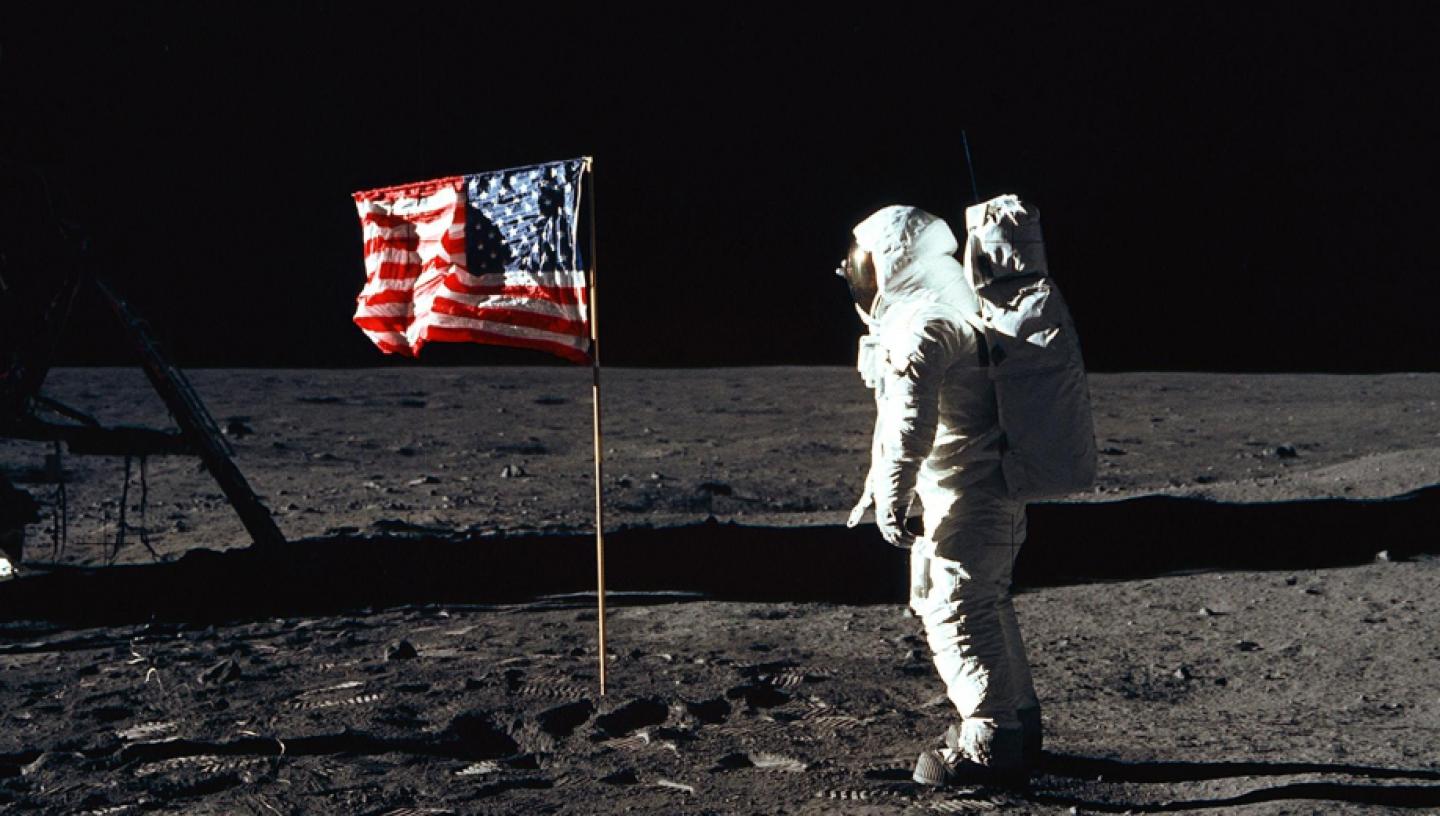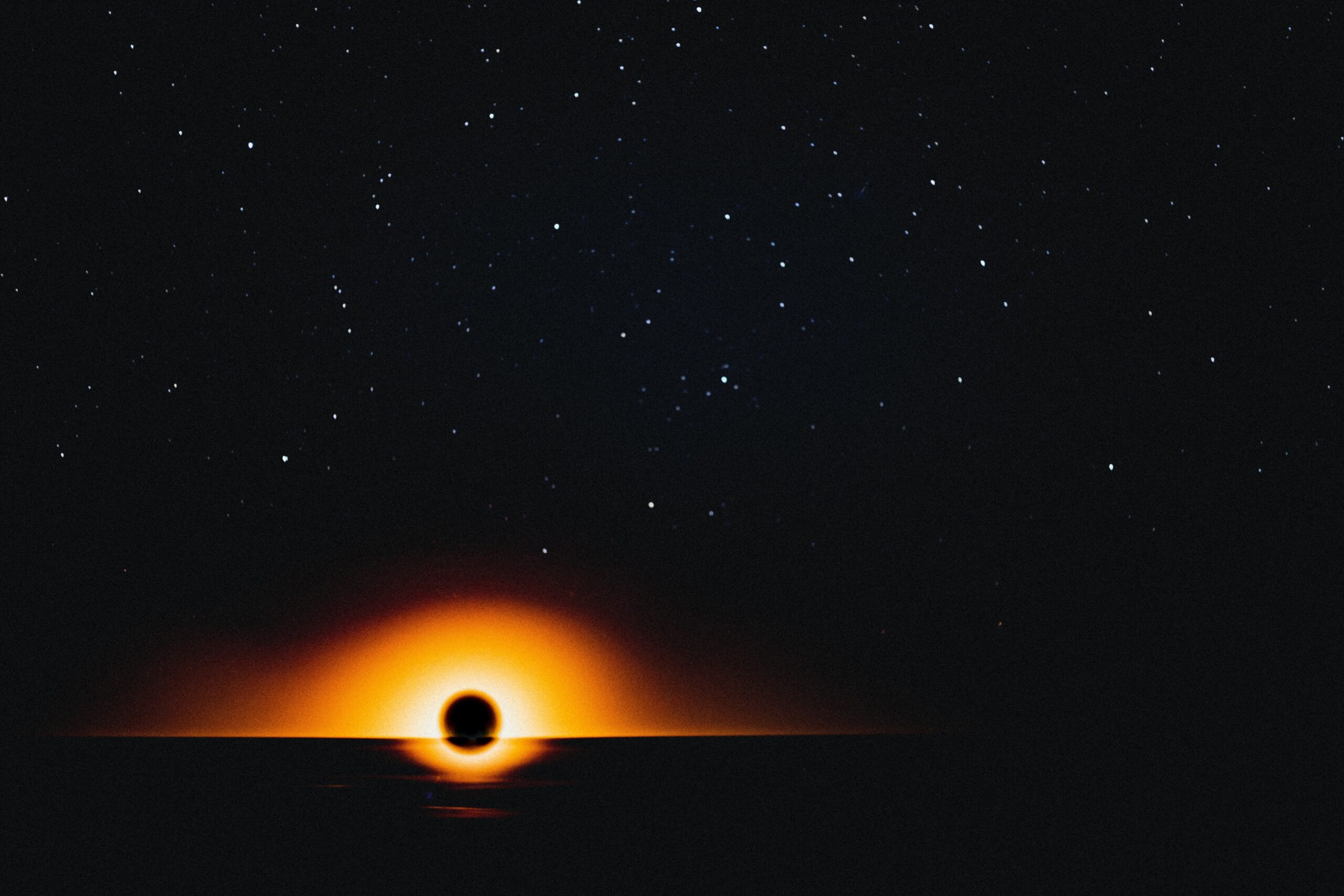The formation and evolution of the universe is a complex topic that scientists have been studying for many years. According to the prevailing scientific theory, known as the Big Bang theory, the universe began approximately 13.8 billion years ago from an incredibly dense and hot state. Here’s a brief overview of the Big Bang theory and alternative research:
Big Bang Theory:
The Big Bang theory proposes that the universe originated from a singularity—a point of infinite density and temperature. Around 13.8 billion years ago, this singularity rapidly expanded, releasing an enormous amount of energy and matter. The universe then started to cool down and expand, leading to the formation of galaxies, stars, and other cosmic structures.
Evidence for the Big Bang:
Several lines of observational evidence support the Big Bang theory, including:
- Cosmic Microwave Background (CMB): The discovery of the cosmic microwave background radiation in 1965 by Arno Penzias and Robert Wilson provided strong evidence for the Big Bang. The CMB is a faint glow of radiation that permeates the universe and is considered a remnant of the early stages of the universe.
- Redshift of Galaxies: Astronomers have observed that light from distant galaxies is shifted towards longer wavelengths, known as redshift. This indicates that galaxies are moving away from us, suggesting an expanding universe.
- Abundance of Light Elements: The relative abundance of light elements, such as hydrogen and helium, matches the predictions of the Big Bang nucleosynthesis, which explains how these elements formed in the early universe.
Alternative Research of the Big Bang:
While the Big Bang theory is the leading explanation for the origin of the universe, scientists continue to explore alternative ideas and hypotheses. Some of the alternative research includes:
- Inflationary Cosmology: Inflation theory suggests that the universe experienced a rapid expansion phase shortly after the Big Bang, driven by a hypothetical field called the inflaton. This theory helps explain the uniformity of the universe on large scales and the formation of cosmic structures.
- Multiverse Theory: The multiverse hypothesis suggests that our universe is just one of many universes that exist, each with different physical laws and properties. This idea arises from various theories in physics, such as string theory and quantum mechanics.
- Cyclic Models: Cyclic models propose that the universe goes through cycles of expansion and contraction, with each cycle beginning with a Big Bang and ending with a Big Crunch. The subsequent contraction leads to a new Big Bang, creating a never-ending cycle.
It’s important to note that while these alternative ideas are intriguing, they are still under active research and investigation. The Big Bang theory remains the most widely accepted scientific explanation for the origin and evolution of the universe based on the current available evidence.
Here are some recommended books and websites that delve into the Big Bang theory and its related topics:
Books:
- “A Brief History of Time” by Stephen Hawking: This classic book provides an overview of the history and development of the universe, including a discussion on the Big Bang theory.
- “The Big Bang: A Guide to the New Cosmology” by Michael Rowan-Robinson: This book explores the concepts and discoveries of modern cosmology, including the Big Bang theory, cosmic microwave background radiation, and the formation of galaxies.
- “The Inflationary Universe: The Quest for a New Theory of Cosmic Origins” by Alan H. Guth: In this book, physicist Alan Guth, one of the pioneers of inflation theory, explains the concept of cosmic inflation and its implications for our understanding of the Big Bang.
- “The First Three Minutes: A Modern View of the Origin of the Universe” by Steven Weinberg: Nobel laureate Steven Weinberg presents an accessible account of the early moments of the universe, from the Big Bang to the formation of atoms.
Websites:
- NASA’s Universe: This website by NASA provides a wealth of information about the universe, including the Big Bang theory, cosmic background radiation, and the latest discoveries in cosmology. Visit: https://www.nasa.gov/universe
- European Space Agency (ESA) – Cosmology: The ESA’s website offers an array of resources on cosmology, covering topics such as the Big Bang, dark matter, and the cosmic microwave background. Visit: https://www.cosmos.esa.int/web/cosmology
- Stanford Encyclopedia of Philosophy – Big Bang Cosmology: This comprehensive online encyclopedia article provides an in-depth examination of the Big Bang theory, its history, evidence, and philosophical implications. Visit: https://plato.stanford.edu/entries/cosmology-theory/
- National Geographic – The Big Bang: National Geographic offers an informative article on the Big Bang theory, explaining its origins, evidence, and ongoing research. Visit: https://www.nationalgeographic.com/science/space/universe/origins-of-the-universe/
Remember that scientific understanding continues to evolve, so it’s always a good idea to consult reputable sources and keep up with the latest research in cosmology.




I want to thank you for your assistance and this post. It’s been great.